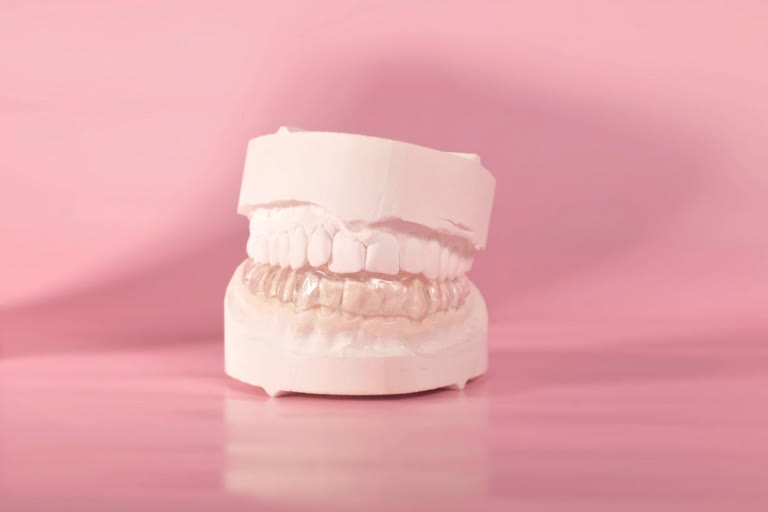Hyderabad: Many people, especially children, have the habit of grinding their teeth while sleeping at night. Grinding teeth while getting angry is a popular belief, but usually, people believe that children grind their teeth when they are scared or have nightmares while sleeping. People also say that children grind their teeth when there are worms in their stomachs.
Most of these are misconceptions, but there can be many medical reasons responsible for the problem of teeth grinding or Bruxism, such as physical conditions or diseases, mental disorders or conditions, lifestyle factors and heredity etc. Due to this problem, the maximum damage is done to the teeth.
In bruxism, the patient starts grinding and gnashing their teeth several times while sleeping or while awake. This problem is seen more in children than in adults. This condition affects the teeth most as the constant grinding leads to deterioration of the enamel or the upper layer of the teeth. There are mainly two kinds of bruxism:
- Awake Bruxism: In this condition, the habit of grinding teeth is seen in the person even while being awake, during the day. Generally, mental disorders, mental pressure or emotional problems like anger, stress or anxiety etc. are considered responsible for this.
- Sleep Bruxism: This type is seen more in children. In fact, in this condition, the patient is not even aware that they are grinding their teeth while sleeping. Sleep bruxism is also considered a sleeping disorder. Usually in adults, along with this condition, other problems related to sleep such as snoring or interruption of breathing while sleeping can also be seen.
Dr Reena Dutta (PhD), a psychologist from Delhi, states that sometimes mental disorders or unconscious neuromuscular activity can be responsible for bruxism. It is also considered one of the symptoms of some mental disorders or diseases related to the nervous system. Such as ADHD, anxiety disorder, excessive stress or anger, chronic or acute trauma, sleep apnea, epilepsy and dementia etc.
Apart from this, sometimes this problem can also be seen in people suffering from Down syndrome or some other syndrome or disorder. Sometimes excessive smoking and consumption of alcohol and caffeine are also considered reasons for this condition. Many times lifestyle-related reasons can also be responsible for this, such as not getting complete (at least seven to eight hours of sleep) and good quality sleep by adults and children, living a sedentary lifestyle instead of being active.
Also read:Machine learning identifies drugs to help smokers quit
